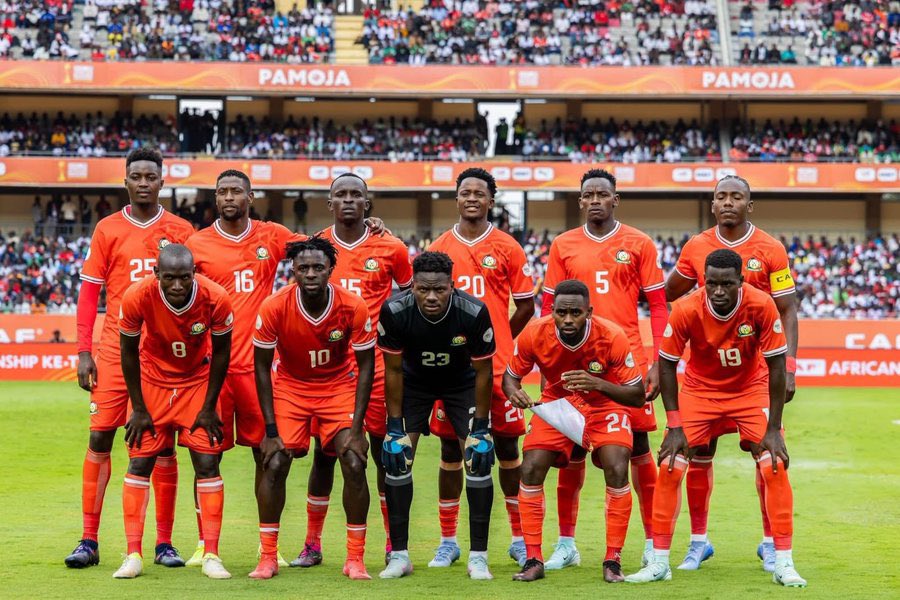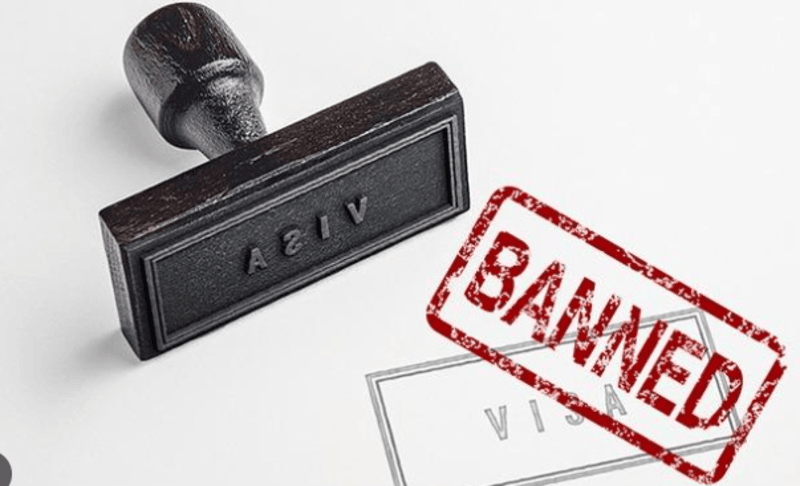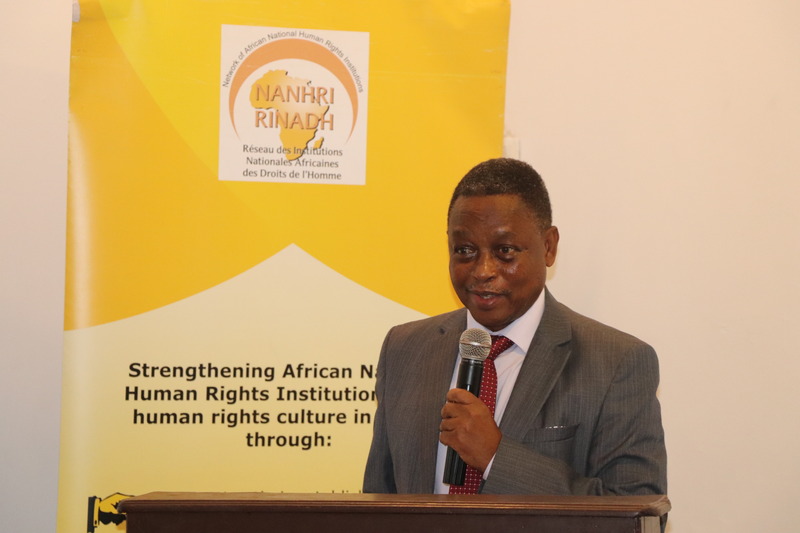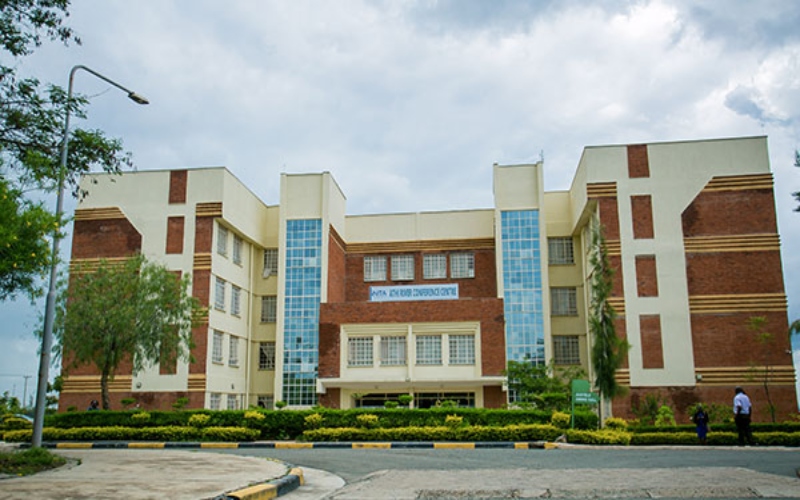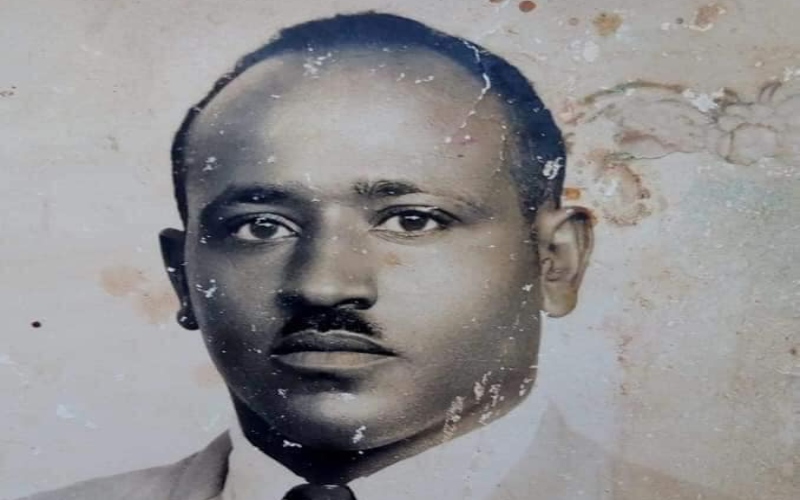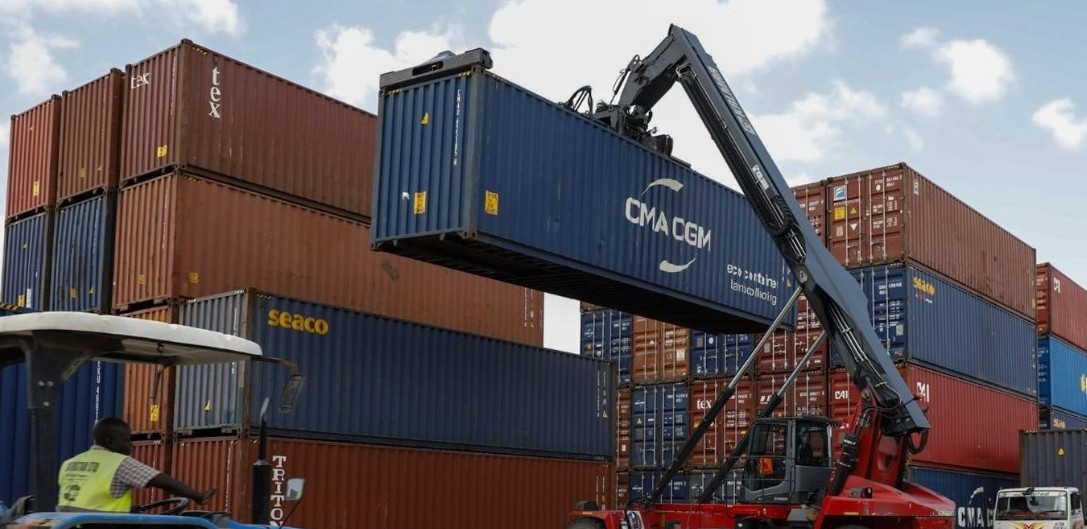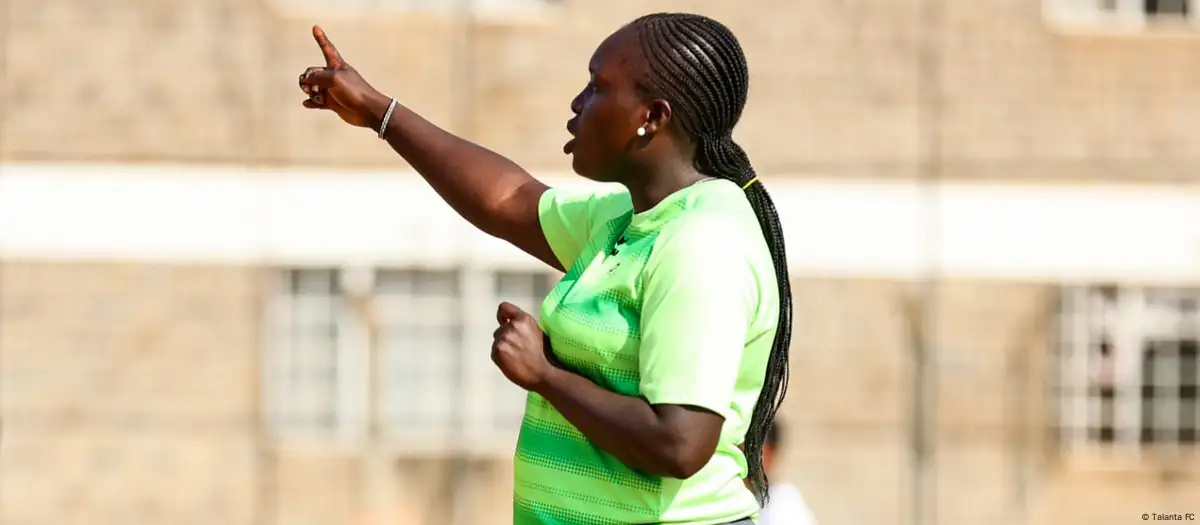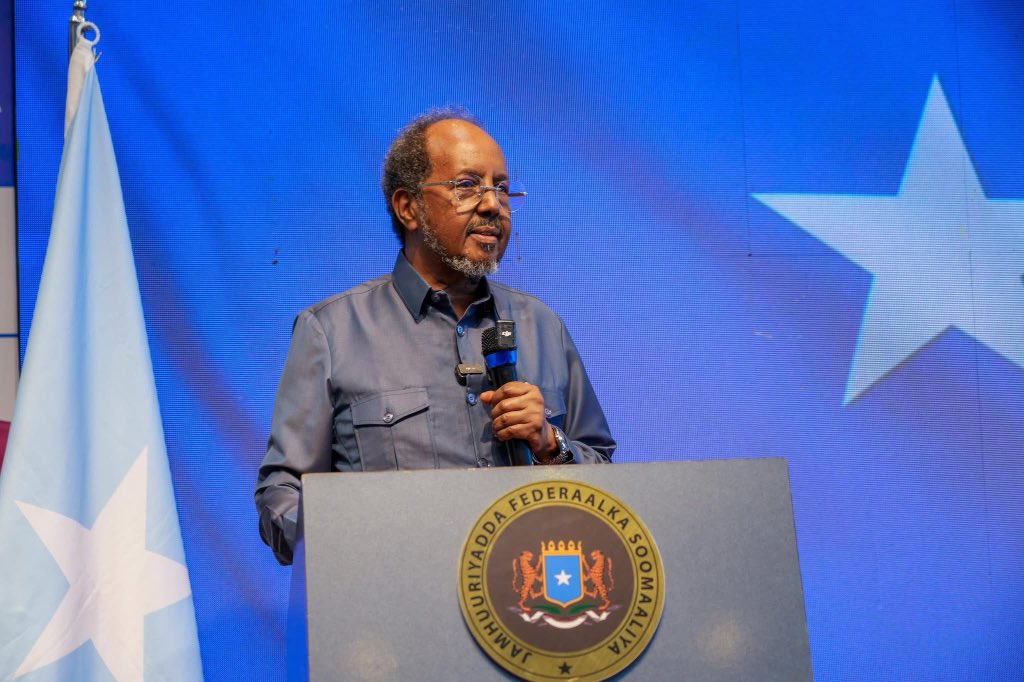Explained: Kenya’s path to extraditing Agnes Wanjiru murder suspect
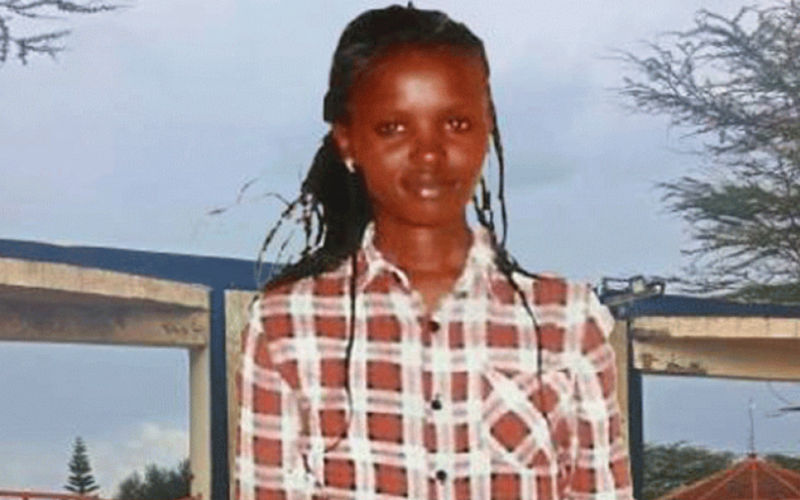
While this case is the first extradition matter involving a British citizen, similar cases have occurred in the past where the UK extradited Kenyans living in the country to Nairobi and vice versa to face criminal charges.
Agnes Wanjiru's murder case took a new turn on Wednesday, September 17, as Kenya sought Interpol's help to arrest and extradite the prime suspect, the clearest sign yet of the state's intent to resolve the decade-old case.
Citing the Mutual Legal Assistance (MLA) framework between the two countries, the DCI said it had filed a warrant of arrest to Interpol, which is supposed to lay the grounds needed to kick-start the suspect's extradition process.
"Today, the ODPP successfully applied for an arrest warrant at the Milimani High Court. The Warrant was issued to the Interpol United Kingdom through the DCI Headquarters in Nairobi, pending commencement of the extradition process," stated the DCI in a post on X.
More To Read
- DCI seeks Interpol help to arrest suspect in Agnes Wanjiru murder case
- Court orders arrest of British soldier over 2012 murder of Agnes Wanjiru
- Kenya's Ibrahim Jillo elected to INTERPOL Africa Committee
- How Kenya is leading Africa’s fight against cross-border crime
- Interpol shares key advice to tackle cyber threats
- 1,200 arrested, Sh12 billion seized in major Interpol cybercrime crackdown across Africa
The move now casts attention on Interpol and its assisted arrests and extradition process, which involves a series of activities that could run into weeks or months before a suspect is extradited to face criminal charges in a different country.
Extradition process
First, the Office of the Directorate of Public Prosecutions (ODPP) applies for an arrest warrant in Kenya, setting the legal foundation for seeking the suspect abroad, which has been done successfully.
This is followed by a transmission of the arrest warrant to Interpol through the DCI headquarters, a move that was confirmed to have been successfully effected on September 17.
Interpol is then expected to publish a 'Red Notice', a global alert asking member states to locate and provisionally arrest the suspect.
If the suspect is in the UK, security agencies there can arrest him based on the 'Red Notice' and Kenya's formal request and place him in provisional custody while the paperwork catches up.
Kenya will then be expected to submit an official extradition request to the UK Home Office through diplomatic and legal channels detailing evidence gathered against the suspect, preferred charges, and guarantees of a fair trial.
The same will be subjected to court hearings in the UK, where the request will be examined and a ruling delivered by a judge.
The judge will consider the provisions of the UK-Commonwealth states, including Kenya's extradition treaty and whether the charges are extraditable.
The suspect will get a chance to appeal the judge's ruling in the event it doesn't favour him, a process that could take months. During the process, he may obtain an order delaying the extradition until his appeal is heard and determined.
Eventually, if the court agrees to extradite him, the UK Secretary of State will sign the extradition order allowing the suspect to be handed over to Kenyan authorities. This kicks off the formal extradition process.
Kenyan detectives will then travel to the UK to escort the suspect back to Nairobi, where, upon arrival, he shall be arraigned in court to face charges.
Agnes Wanjiru's murder
Wanjiru, then aged 21, was last seen alive on the night of March 31, 2012, in the company of a British Army soldier in uniform at the Lion's Court Lodge.
Her case had been initially reported as a missing person incident at Nanyuki Police Station. However, following the discovery and retrieval of her body on June 5, 2012, inside a septic tank at the lodge, an inquest was opened.
On November 5, 2019, a Principal Magistrate at the Nanyuki Law Courts ruled that Wanjiru had been murdered and directed that further investigations be conducted with a view to prosecuting the culpable parties.
Subsequently, detectives from the DCI Homicide Unit took over the case and launched extensive investigations that necessitated cooperation with the UK through the MLA framework.
"The UK authorities honoured the MLA request, enabling homicide detectives to travel to the UK on September 14, 2023, July 24, 2024, and July 30, 2024, to pursue critical leads. Upon conclusion of the investigations, the resultant file was forwarded to the Office of the Director of Public Prosecutions (ODPP) for review and direction," said the DCI.
On September 16, Justice Alexander Muteti granted the request, ruling that murder is an extraditable offence and that there was probable cause to institute murder charges against the accused.
While this case is the first extradition matter involving a British citizen, similar cases have occurred in the past where the UK extradited Kenyans living in the country to Nairobi and vice versa to face criminal charges.
They include Daniel Munyambu, a politician wanted by Kenya to face fraud charges. A UK court, however, refused to grant the request, citing concerns about prison conditions in the country.
Anthony Kamau, on the other hand, was extradited to Britain to face charges of molesting minors, while Gilbert Deyawas was extradited to Kenya in 2017 to face a case of child abduction and trafficking.
At the same time, the long-pending extradition of former Finance Minister Chris Okemo and former Kenya Power CEO Samuel Gichuru, who are wanted in Jersey for money laundering, is yet to be resolved.
Top Stories Today

